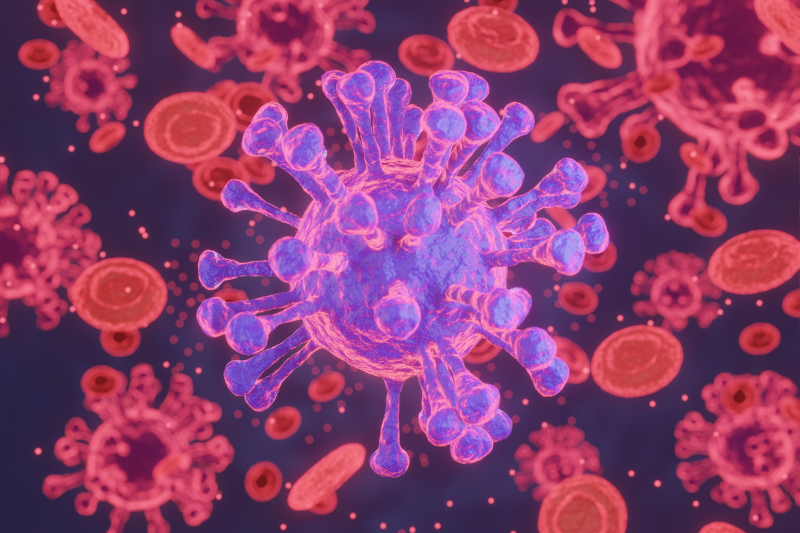
What is a “superbug?”
To better understand a superbug, it’s best to first understand microbes. A microbe is something that we can’t see with our eyes. Microbes are found all over and include things such as bacteria. Most microbes are harmless, but some can cause infection. These infections sometimes must be treated with medications, such as antibiotics. A superbug is a type of microbe that builds up a resistance to a certain type of treatment. This makes it harder to treat compared to a more common illness.
How do superbugs develop?
All organisms, big and small, will adapt to survive. This is the same case for superbugs. Superbugs developed a resistance to antibiotics as a response to survive. Because of their stronger resistance to antibiotics it is more difficult to treat superbugs.
Are superbugs more common today than in the past? If so why?
Unfortunately, superbugs are more common today than we’ve seen in the past. Our reliance on, and sometimes overuse of, antibiotics has encouraged diseases to develop a resistance to our more effective treatments. It is likely that superbugs will become more common unless we focus more on prevention of disease and the appropriate use of antibiotics.
Is there any specific environment where superbugs are more common?
The hospital is a common environment to encounter a superbug. The amount of sick patients and the wide use of antibiotics in a hospital, unfortunately, increase the chances of a superbug developing.
Are seniors more susceptible to superbugs?
Yes and that is because seniors are more likely to have other health problems that might affect their immune system. A weaker immune system means the chances of becoming sick are higher. Because of health problems developed over a lifetime, seniors are more likely to end up in the hospital. We try to keep our patients out of the hospital as much as possible because superbugs can be found in that environment.
What can a person do to reduce their chance of contracting a superbug?
The Centers for Disease Control and Prevention website provides several great tips to reduce the chances of catching a superbug. These tips focus mainly on preventive measures such as hand washing and staying up-to-date on vaccines. Hand washing might seem like a minor thing but, when it comes to preventing the spread of illness, it is very effective.
What treatment options are available for someone who contracts a superbug?
Due to the drug-resistance found in superbugs, treatment options are very limited and depend on the type of disease. We still have some potential treatments we try to utilize at this time. However, we are starting to see a concerning trend in which some bacteria have been found to carry the MCR-1 gene. This gene can make bacteria resistant to antibiotics such as colistin, one of the last options to treat a patient with certain superbugs. In addition, the MCR-1 gene can spread beyond the original host bacteria and increase the chance of further superbug development.
What can seniors do to help prevent getting a superbug?
Go back to the basics of frequent hand washing. Stay up-to-date on your vaccines and immunizations, when available. Try to prevent food borne infections by following proper storage and cooking guidelines. If you develop an infection visit your doctor to get it checked out. Speak with your doctor about treatment options as well; not all illnesses need treatment with antibiotics. Finally, if you are prescribed an antibiotic, use it exactly as directed. This will reduce future chances of getting an infection that is drug-resistant.
